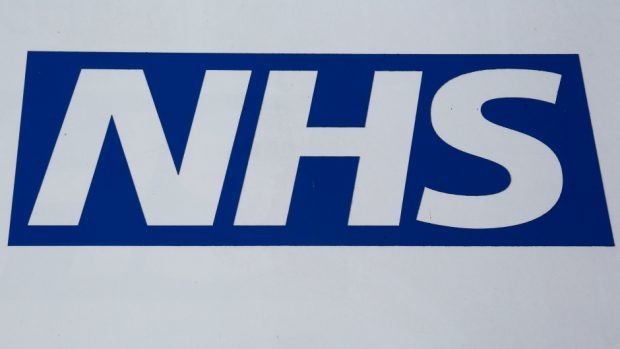Health chiefs in the Western Isles are cracking down on the number of NHS-funded escorts accompanying patients to the mainland.
Patient-companion travel has cost the islands’ health authority £31million over the last decade and now, a new centralised system is being implemented by NHS Western Isles.
Western Isles councillor Don Manford, however, hit out: “It does not appear to be more efficient, but quite the reverse, adding an extra layer of bureaucracy.
“I find it alarming, particularly given there was no consultation. It could be construed that they [NHS Western Isles] consider the GPs have, in the past, been too lax in their interpretation.”
Union bosses, meanwhile, warned the revised approach could lead to extra workload being placed on GPs, rather than take pressure off them, as they will now have to justify referrals.
Dr Alan McDevitt, chairman of trade union BMA Scotland’s GP Committee, added: “It is essential that any new system for approving patient escort requests does not add to the already severe workload pressures that many GPs struggle with.”
And Isles’ MP Angus MacNeil said: “Equity for all patients is important. I would hope that NHS Western Isles will monitor this system as it is rolled out to ensure that nobody is disadvantaged.”
There is also concern that many more families may end up paying to escort their loved ones under the new set-up.
Historically, GPs rubber-stamped escort travel, but the decision-making is being centralised to medical director Angus McKellar, and will be assessed solely on clinical need.
Around 44% of patients from the Outer Hebrides who required travel were last year accompanied by a funded escort.
The health authority believes centralising the scheme will weed out some unnecessary cases and that savings could then be reinvested back into patient care.
While there is no change to the criteria for approving a funded escort the decision will now be made by Dr McKellar, with advice from GPs.
He said: “It is important that there is fairness across the Western Isles, and so a new process has been developed, and tested, where GPs will provide clinical information to me regarding escort requests, and the decision as to whether or not a funded escort is approved is made via my office.”
The new system has already been piloted in two GP practices – Langabhat and Broadbay – and he said initial feedback from both had been positive.
Patients have the opportunity to provide supplementary information in support of their application if funding is initially declined. If a request is declined, patients still have the option of arranging to take an escort independently.
The new process will be rolled out to the three remaining GP Practices in Lewis and Harris in April. It is intended to implement the new process in the Uists and Barra in July 2018.
Dr McKellar acknowledged some patients and families would be left “disappointed”.
